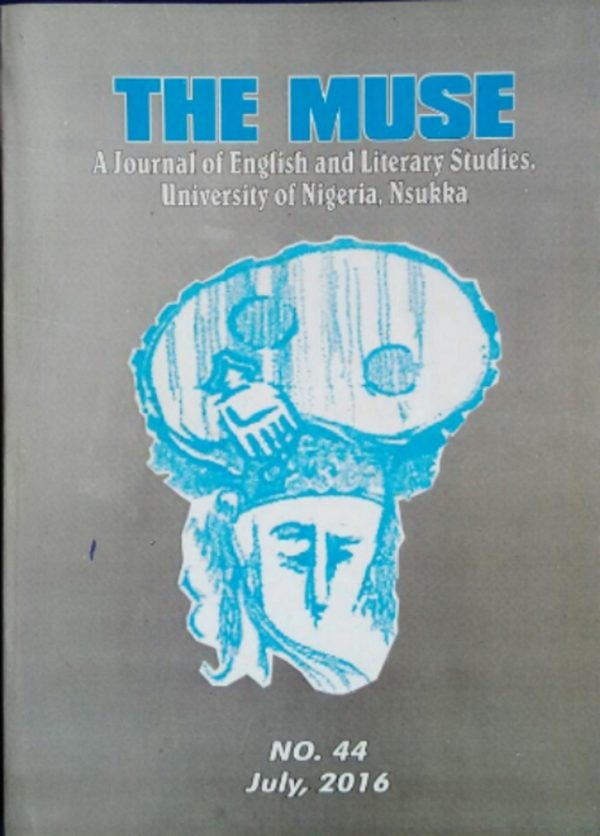
The Muse, a journal of creative and critical writing in the University of Nigeria, Nsukka, was founded in 1963 and is reputed to be the oldest student journal in West Africa. Housed in the university’s Department of English and Literary Studies, the journal launched its 44th Issue in 2016. The Issue, designed to mark the tenth anniversary of Half of a Yellow Sun, features an exclusive interview with Chimamanda Ngozi Adichie which we published in February. The interview was conducted by the journal’s then editor Arinze Ifeakandu, winner of A Public Space magazine’s 2015 Emerging Writer Fellowship whose story, “God’s Children Are Little Broken Things,” made our list of the best pieces of 2016.
The tradition of The Muse, its consistent publication of short fiction, poetry, drama, literary criticism and interviews, is rich and enviable. Among its previous editors are such names as Chika Unigwe, 2017 Man Booker International judge and author of the NLNG Nigeria Prize for Literature-winning On Black Sisters’ Street; Unoma Azua, Professor of English at the Illinois Institute of Art, Chicago, and winner of the Hellman/Hammett, the Urban Spectrum, the Leonard Trawick and the Snyder-Aidoo book awards; Chimalum Nwankwo, ANA Prize-winning Professor of English at North Carolina A&T State University; Fidelis Okoro, three-time shortlistee for the ANA Prizes; and Ejiofor Ugwu whose The Book of God is forthcoming in African Poetry Book Fund and Akashic Books’ 2017 New-Generation African Poets: A Chapbook Box Set.
Below is Arinze Ifeakandu’s Editorial Note.
In Other Words, in Other Worlds
The American novelist and short story writer, Jhumpa Lahiri fell in love with Italian, and some years ago moved to Italy with her husband and children where she mastered the language and wrote her memoir, In Other Words, in it.
When I read about what Lahiri had done, I wondered why a writer successful in a language would abandon it for another. It is not a question that I can answer. But I cannot stop thinking about how creative writing resembles this action of Lahiri’s: an abandoning of a language whose idioms we are familiar with, whose premises we are comfortable in, for another. Perhaps we suspect that this familiar language, fraught as it is with redundancy, corrupted as it is by cliché, and blinded as it is by convention, has failed to capture clearly and truly our fears and passions and ideas. Perhaps we have seen the limits of convention, witnessed the truth that common sense is no sense at all. Perhaps by seeking a new language, a literary one, we are trying to reclaim our feelings and experiences from the tedium and banality of the familiar language.
Martin Amis, in his preface to The War Against Cliché, writes that “all writing is a campaign against cliché. Not just clichés of the pen but clichés of the mind and clichés of the heart.” The writers in this issue of The Muse are aware of this war. They are mostly interested in the mundane—love, death and dying, childhood memories—which accounts for the overall nostalgic tone of the works. But where they deal with the mundane, they do so with such freshness of sight. When they write about childhood—She is that girl / That stole under the bed / with you / When you were six / Yet came out undefiled—one is struck by how keenly their eyes for detail and sense of nostalgia are; and when they write about love—perhaps it was merely what love did, making its slaves define and re-define their beloved in the light of strengths—we are humbled by the gentle wisdom that they exude. With every poem, every story, every play, we are transported to another world, this transportation made possible by the power of Other Words.
In celebrating ten years of Half of a Yellow Sun, readers testify to the power of Other Words; and in her interview in this issue, Chimamanda Ngozi Adichie attests to the way it can create whole new worlds, make people invested in the world that they create—I get this silly kick of excitement each time somebody tells me they want to visit Nsukka because of my fiction.
You will be invested in the various worlds that our writers create in this issue.
Arinze Ifeakandu,
July, 2016.
Download and Read The Muse – A Journal of Creative and Critical Writing, No. 44, 2016.


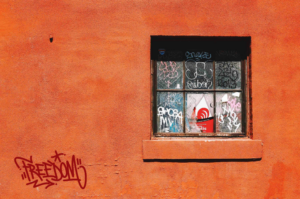
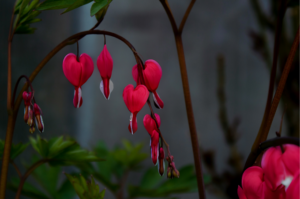
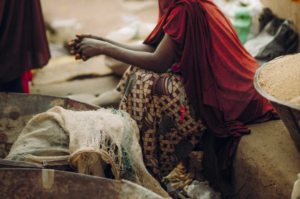
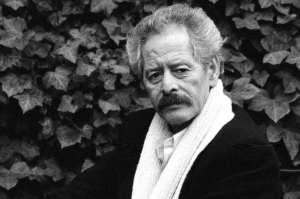
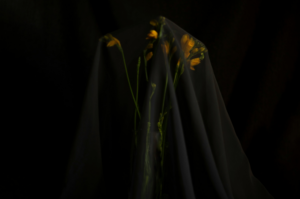
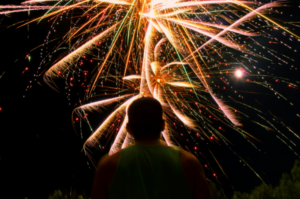

Arinze Ifeakandu April 08, 2017 13:25
Thank you, Catherine. I'm glad you liked the interview and the journal generally. Like Otosirieze said, Nsukka has a vibrant community of artists; literary artists, art music performers and composers, visual artists. Just walking around the faculty of arts, interacting with young people, will fill you with mountainous faith. Thank you so much, Brittle Paper, for bringing pit out our feet.